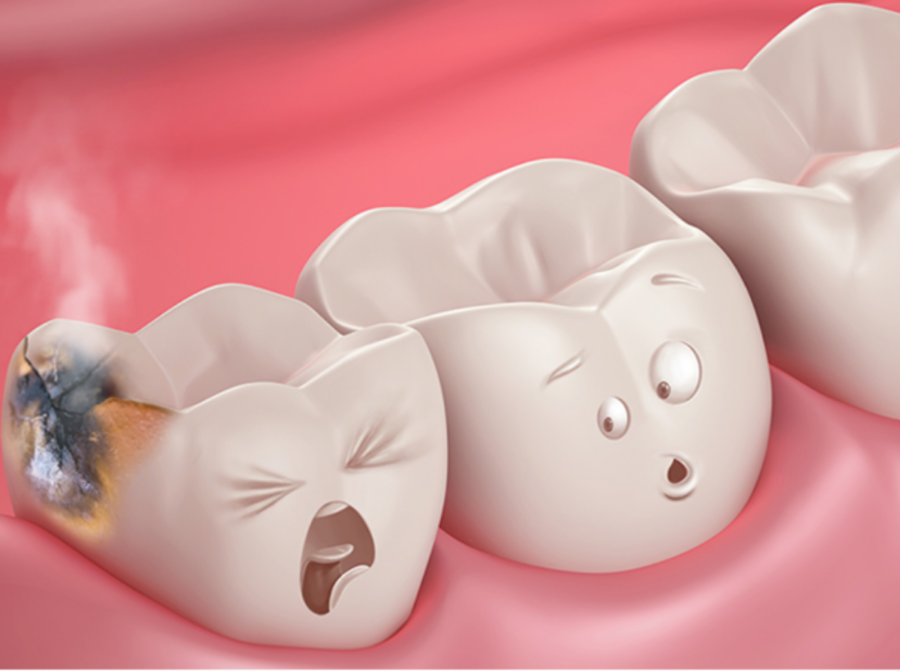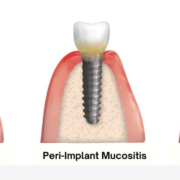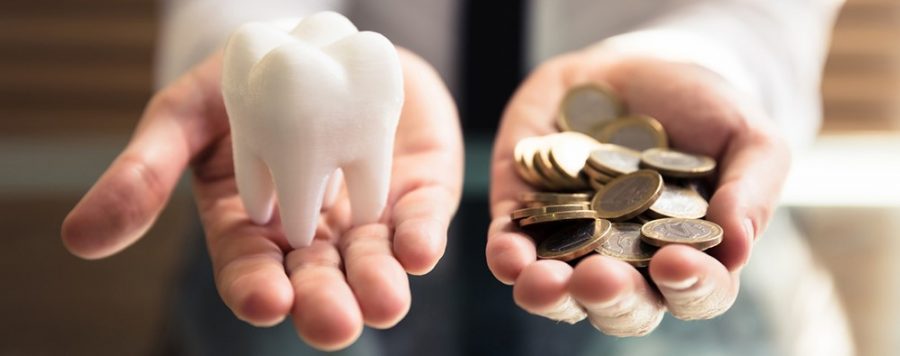Paracetamol is a common over-the-counter drug that is used to relieve mild to moderate pain and reduce fever. It also has several other uses. Apart from being used as a pain reliever, paracetamol can be used to treat sore throats and as an effective remedy for hangovers. However, paracetamol is not recommended for people with chronic liver disease or alcoholics who drink heavily on a regular basis because it could lead to the development of toxic effects in the body. Paracetamol is not effective in relieving tooth pain or oral pain from dental gingivitis. In this article, we explore why you should avoid using paracetamol for tooth pain and what are other remedies available for relieving tooth pain.
Can paracetamol be used for tooth pain?
Paracetamol is one of the most common drugs available in the market to relieve mild to moderate pain. It is generally effective in treating toothaches caused by dental decay or periodontal diseases such as gingivitis. However, excessive use of paracetamol can lead to liver damage and a range of other serious health issues. Also, it is not effective against pain caused by gum infections like gingivitis.

Why you should avoid using paracetamol for tooth pain?
Paracetamol is not effective in treating tooth pain caused by gingivitis. This is because it does not kill the bacteria causing the infection in the gums. Paracetamol can also be ineffective in treating pain caused by tooth decay. Moreover, paracetamol is not an appropriate remedy for people with chronic liver diseases or alcoholics who drink heavily on a regular basis.
This is because paracetamol can lead to an increased risk of developing liver damage in these patients. Therefore, you should avoid using paracetamol for tooth pain if you are on any kind of liver-related treatment or if you have a history of excessive alcohol consumption.
Can Advil be used for tooth pain?
Advil is one of the most common over-the-counter drugs used to treat dental pain. It can be used to treat a range of dental issues including tooth decay, cavities, and headaches. It can also be used to treat toothache caused by gingivitis. Advil has an anti-inflammatory effect that can help in controlling the swelling of the gums. This can significantly reduce the pain caused by gingivitis. Advil can also be used to treat the pain caused by tooth decay. It can help in controlling the bacteria in the mouth that causes pain due to tooth decay.
Can Ibuprofen be used for tooth pain?
Ibuprofen is another common over-the-counter drug used for relieving dental pain. It can be used to treat toothache caused by cavities, dental abscesses, or gingivitis. It can also be used for tooth pain caused by tooth decay. However, no matter how effective it is, ibuprofen is not recommended for children under 12 years of age due to the risk of side effects. Also, it is not a recommended remedy for pregnant women.

Other options to relieve tooth pain
- Ice packs: These can be used to reduce the swelling and pain caused by gingivitis. You can apply an ice pack on the affected area for 10 to 15 minutes at a time.
- Mouthwash: Using an antiseptic mouthwash can help in controlling the bacterial growth in the gums and reduce tooth pain caused by gingivitis.
- Mouthwash-containing painkillers: Some mouthwashes also contain analgesic (pain-reducing) agents that can be effective in reducing dental pain. However, you should read the label of the mouthwash before using it.

- Calcium and phosphate toothpaste: Using calcium and phosphate toothpaste is recommended for people with weak teeth. This toothpaste can help in strengthening the teeth and reduce the risk of developing cavities and tooth decay.
- Proper oral hygiene: Proper oral hygiene can help in preventing dental diseases like gingivitis and tooth decay. This can be done by cleaning the teeth and gums after every meal.
- A visit to a dentist: If the pain persists even after trying these at-home remedies, a dentist can be consulted. The dentist will examine the teeth and gums and prescribe medication as needed.
- A visit to the doctor: A visit to the doctor is recommended if any of the symptoms are persistent or severe. The doctor will recommend a course of antibiotics to treat gingivitis or can prescribe painkillers.
Conclusion
Paracetamol is a common painkiller that can be used to treat mild to moderate pain and reduce fever. However, it is not effective in treating dental pain caused by dental gingivitis. If you are experiencing dental pain, you can try these at-home remedies or visit a dentist. You should avoid using painkillers like paracetamol for tooth pain as it can lead to liver damage.
© All rights reserved by Royal Dental Implants Pvt Ltd
Issued in public interest






